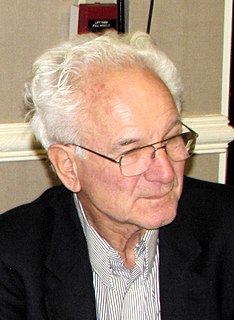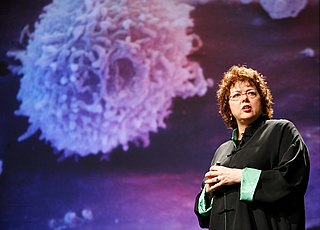A Quote by Peter Duesberg
For the public ever to break command science it must first understand the basis of its enormous powers.......Traditionally, the power of medical sciences has been based on the fear of disease, particularly infectious disease.
Related Quotes
People still think of AIDS as a shame-based disease, it's a sexually transmitted disease, and you're either gay or you're a prostitute or an intravenous drug user. And so a lot of people are still very bigoted about this disease. It's such a treatable disease. It's so - the end is in sight for this disease, medically.
There's traditionally been two different ways of seeing addiction. Either it's a sin and you're a horrible bad person and you are just choosing to be hedonist or it's a chronic progressive disease. And while I certainly believe addiction is a medical problem that should be dealt with by the health system, the way we've conceptualized addiction as a disease is not actually accurate, and it has unfortunately become stigmatizing and it's also created a lot of hopelessness in a lot of people.
The ever quickening advances of science made possible by the success of the Human Genome Project will also soon let us see the essences of mental disease. Only after we understand them at the genetic level can we rationally seek out appropriate therapies for such illnesses as schizophrenia and bipolar disease.
Don't separate the mind from the body. Don't separate even character - you can't. Our unit of existence is a body, a physical, tangible, sensate entity with perceptions and reactions that express it and form it simultaneously. Disease is one of our languages. Doctors understand what disease has to say about itself. It's up to the person with the disease to understand what the disease has to say to her.
In all, 86 per cent of the increased life expectancy was due to decreases in infectious diseases. And the bulk of the decline in infectious disease deaths occurred prior to the age of antibiotics. Less than 4 per cent of the total improvement in life expectancy since 1700s can be credited to twentieth-century advances in medical care.

































